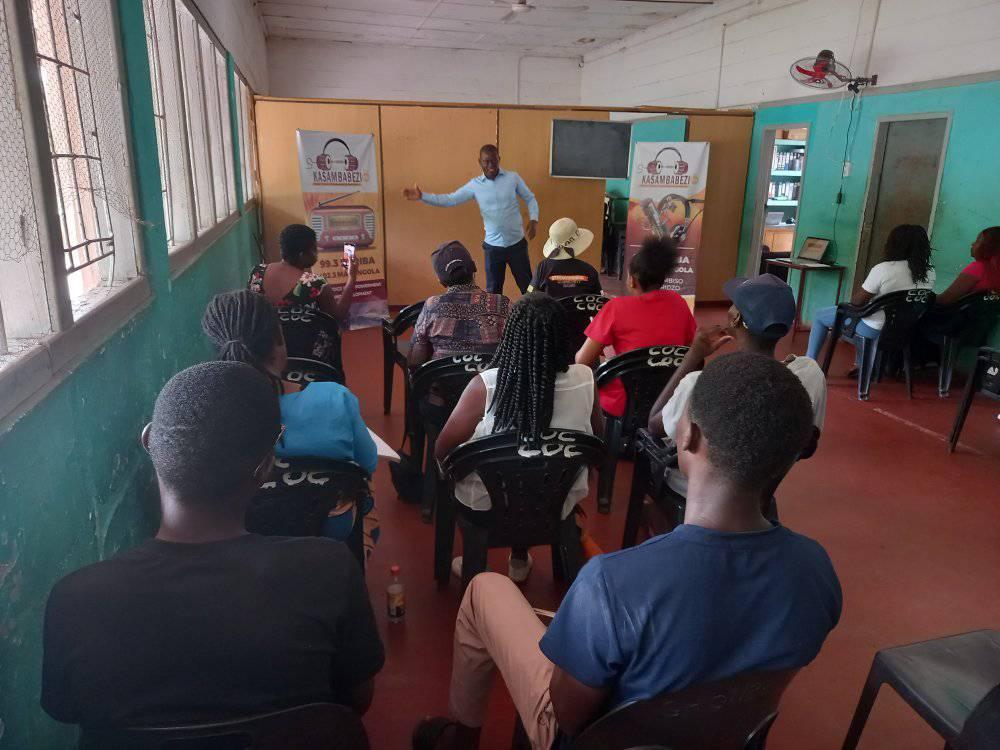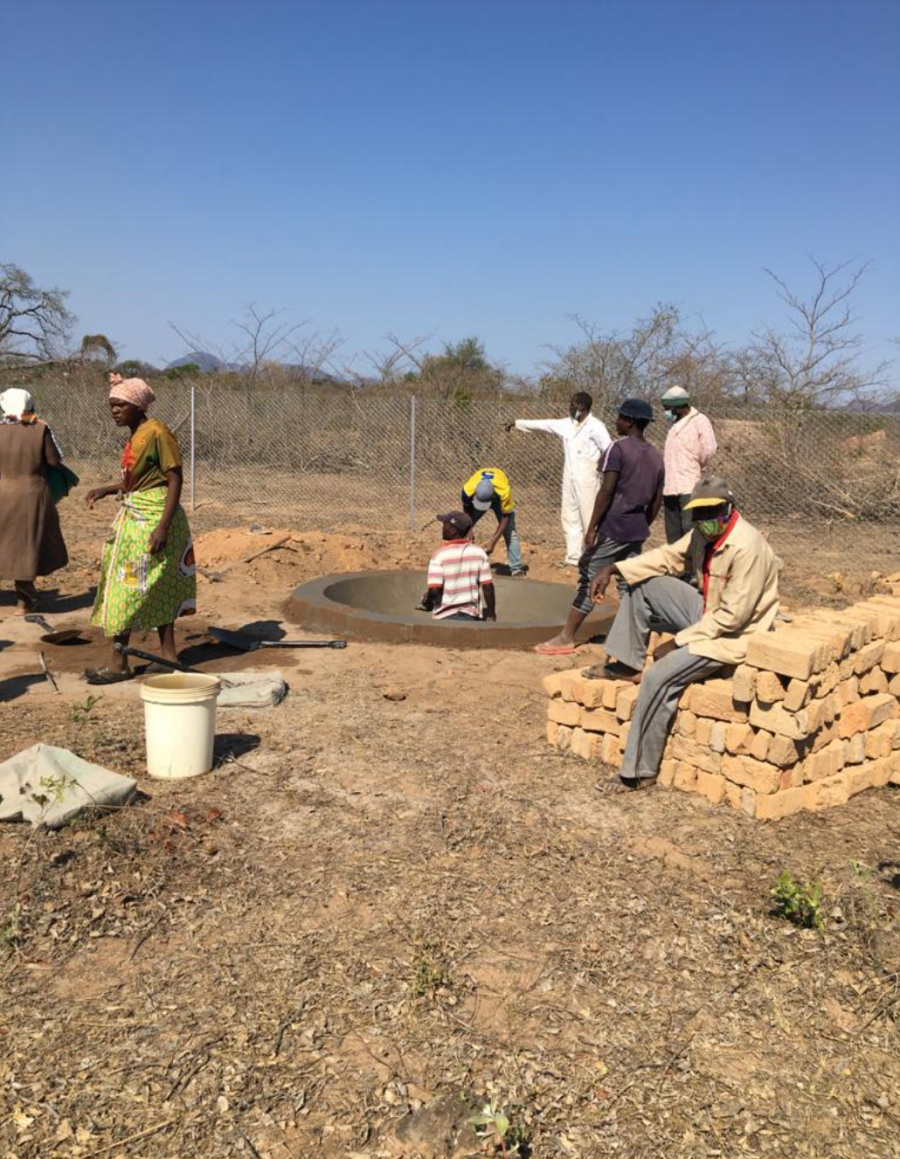
By Anwell Bepe, Kasambabezi FM Coordinator
Kasambabezi FM, Kariba's community radio station, is making significant strides in addressing long-standing issues affecting marginalized communities in the district. Through its "Rise & Participate" project, the station is focusing on climate change effects, gender disparity, and the documentation of Indigenous history, particularly for the Tonga and Shona people. The project aims to empower local journalists with the skills to enhance community information sharing and participation.
One of the project's major successes is the installation of a borehole in the Quarry community of Nyaminyami Rural District. For years, residents, particularly women and young people, have faced human-wildlife conflicts and health risks due to sharing a river with animals. The station facilitated a dialogue among residents, local authorities, and wildlife experts, which resulted in the District Development Coordinator donating a borehole to provide a clean and reliable water source for the community. This initiative has been hailed as a life-changing development, reducing the burden on women and ensuring the community's safety from wild animals.
The project has also trained 30 volunteer citizen journalists in news writing, production, and multimedia content creation, including videos, podcasts, and interactive stories. These volunteers now supply the station with daily content, enabling it to expand its news bulletin from twice to four times daily in both the Tonga and Shona languages. The training also led to the creation of Kariva TV, a platform for video content that features a monthly newsletter called “The Legend,” which includes articles and stories from various communities. The station's online presence has also grown, with content shared on Facebook, WhatsApp, and YouTube, making it more accessible to the community.
Kasambabezi FM has also been a key advocate for women’s and youth’s participation in society. Historically, women in the Kariba District have been excluded from decision-making and governance processes due to colonial systems, patriarchal structures, and a lack of access to resources. The station's programs have focused on empowering women's entrepreneurship and their role in preserving culture and feeding their families. As a result of the station's efforts and training, women are now at the forefront of decision-making, with some successfully advocating for access to clean water and land. The station has also employed a female head of news and current affairs from the Tonga Tribe, and has incorporated women's emancipation as a key thematic area.
Kasambabezi FM has formed strategic partnerships with various stakeholders, including the Matusadona Conservation Trust, which has helped empower women economically by providing fenced gardens and access to clean water. The station has also entered into a Memorandum of Understanding with the Nyaminyami Rural District Council to document various district issues. Community roadshows, a popular way to bring people together, will now be held quarterly in the Nyaminyami rural district, sponsored by Matusadona National Park. These initiatives demonstrate the station's crucial role in fostering alliances and creating opportunities for community-led development.
Kasambabezi FM has learned that documentation of success stories is essential and that marginalized communities require education and awareness to adapt to climate change. The project has prompted the station to adopt more sustainable practices, such as installing a solar system, and to incorporate themes of history, heritage, and culture into its programming. The station will continue its efforts to monitor and evaluate climate change adaptation measures, engage with local leaders, and document cultural practices to ensure their preservation. The success of the "Rise & Participate" project serves as a testament to the power of community media in transforming lives and giving a voice to the unheard.
In 2024, Kasambabezi FM, Kariba's received a grant from Cultural Survival’s Indigenous Community Fund, which provides opportunities for journalism, broadcasting, audio editing, technical skills, and more for community media from Indigenous communities worldwide. In 2024, the Fund provided $480,000 in grants to 57 Indigenous communication projects benefiting Indigenous communities in 25 countries across the Americas, Africa, and Asia, including Argentina, Bangladesh, Bolivia, Botswana, Brazil, Chile, Ecuador, Colombia, the Democratic Republic of Congo, El Salvador, Guatemala, India, Kenya, Mexico, Nepal, Nigeria, Peru, the Philippines, Senegal, South Africa, Tanzania, the United States, Venezuela, and Zimbabwe.

